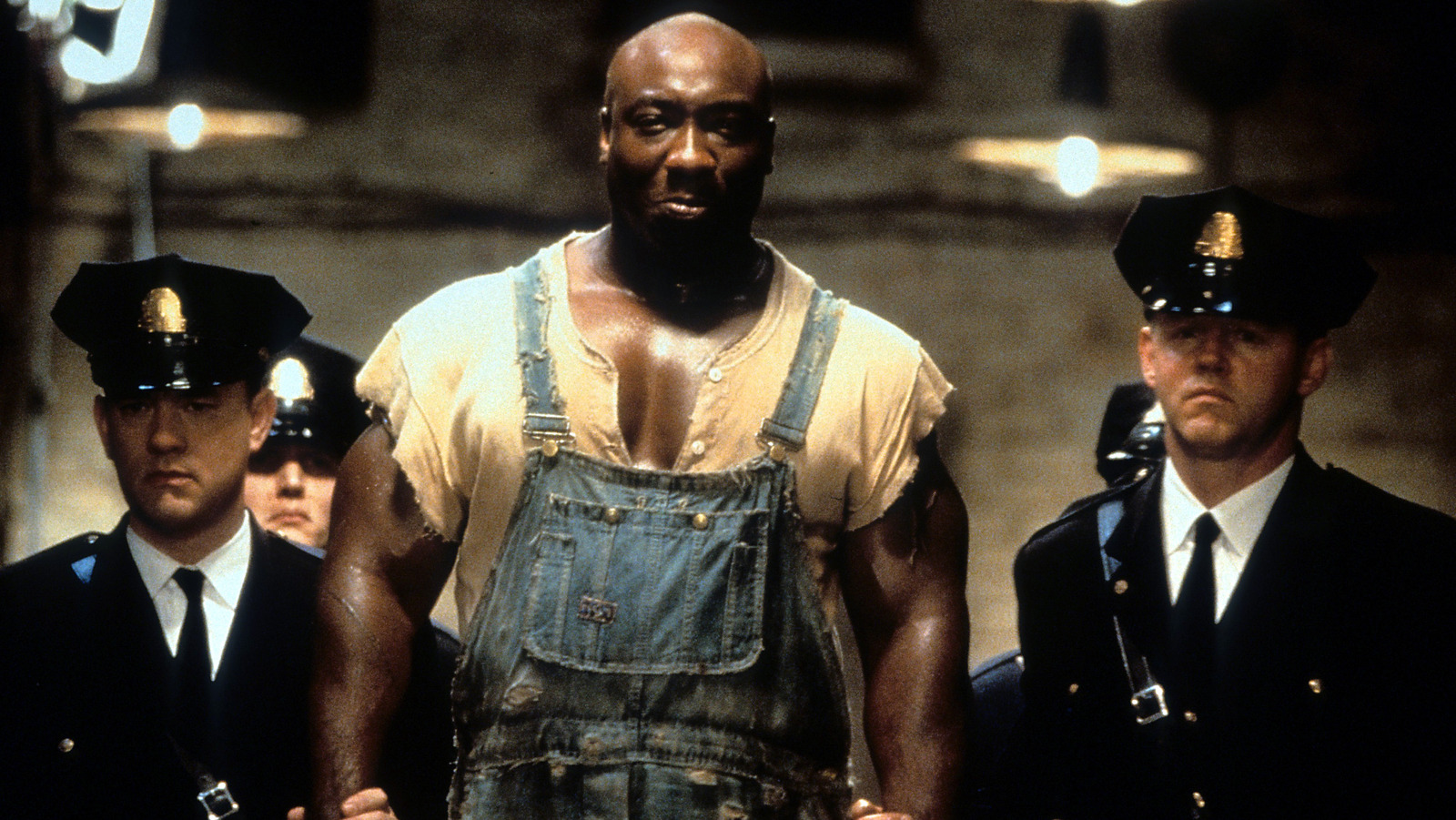#Market Extra: GameStop frenzy puts clearinghouses in spotlight as investors weigh systemic risk fears

Table of Contents
“#Market Extra: GameStop frenzy puts clearinghouses in spotlight as investors weigh systemic risk fears”
Investors usually don’t have to think much about clearinghouses — when they do, it’s usually a bad sign.
That crucial piece of financial market plumbing was in focus after Robinhood and a number of other brokers on Thursday outraged individual investors — and a few lawmakers — by restricting trading in highflying GameStop Corp.
GME,
and shares of other heavily shorted companies.
While to an investor, making a trade might look like an instantaneous transaction, there’s more to it. In fact, it usually takes two days for the trade to settle and the money and the securities actually change hands.
Clearinghouses stand between buyers and sellers, ensuring that the trade is completed should one side default. Clearinghouses require their members — banks and brokers — to be well-capitalized, to deposit collateral and to pay into a default fund.
When trading gets volatile, the risk of default rises, especially when investors are buying shares on margin or with money borrowed from their broker. Clearing firms understandably get nervous and can require brokers to increase the amount of collateral they must pony up to clear their trades.
That was in play Thursday. WeBull Financial LLC Chief Executive Anthony Denier told The Wall Street Journal that the broker’s clearing firm was told by the Depository Trust & Clearing Corp., which serves as the central hub for clearing operations, that it would need to put up more collateral.
As a result WeBull, like Robinhood and other online brokers, moved Thursday to restrict trades in GameStop and other volatile stocks. The New York Times reported that Robinhood tapped credit lines to meet its collateral obligations, while raising around $1 billion from investors to allow it to facilitate trades in GameStop and other popular stocks.
For a detailed look at what was at play — and how the Dodd-Frank legislation put in place after the 2008 financial crisis to mitigate the danger of a systemic failure played a role — dive into the following Twitter thread:
Brokers on Friday eased restrictions on purchases of GameStop and other shares. GameStop was up 32% in Friday afternoon action, putting it on track for a weekly rise of nearly 300% as it change hands near $260 a share. It ended 2020 below $19 a share.
The broader U.S. stock market was stumbling, however, with major benchmarks on track for big weekly losses. The Dow Jones Industrial Average
DJIA,
was off its session low but remained down 540 points, or 1.7%, while the S&P 500
SPX,
lost 1.7%. Both the Dow and S&P 500 were on track for weekly declines of around 3%.
The rally in heavily shorted shares targeted by an army of individuals via Reddit’s WallStreetBets forum and other online platforms, appeared to be causing pain for hedge funds. Analysts blamed the broader selloff in part on forced liquidation of profitable long positions by hedge funds and other investors who needed cash to cover losses on losing short positions.
But a more crucial concern for investors is whether the speculative frenzy around GameStop could cause a wave of cascading losses that could threaten the financial system.
Chester Spatt, professor of finance at Carnegie Mellon University’s Tepper School of Business and former chief economist at the Securities and Exchange Commission, said he was optimistic that the issues surrounding the short squeeze were confined to a relatively narrow sector of the marketplace.
“But it’s important that intermediaries take steps so that losses suffered by retail investors don’t permeate through the system, and that’s why I think steps like those taken yesterday were important,” he said.
Meanwhile, macro strategist Jim Reid of Deutsche Bank noted the results of a flash poll of the bank’s clients, which he said attracted 700 responses, but showed little consensus on how much of a threat the situation posed to financial stability (see chart below).

Deutsche Bank
“The high numbers of responses in a short space of time to this poll indicate that the topic is gripping financial markets and the wide spread of opinion suggests that markets still haven’t come to terms with the consequences (if any) of an epic week yet,” he said.
By
William Watts
If you liked the article, do not forget to share it with your friends. Follow us on Google News too, click on the star and choose us from your favorites.
For forums sites go to Forum.BuradaBiliyorum.Com
If you want to read more News articles, you can visit our News category.




